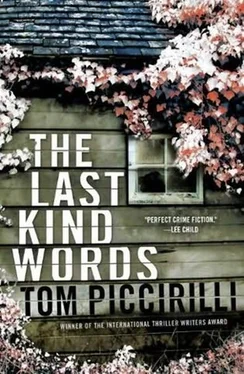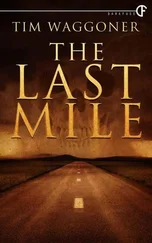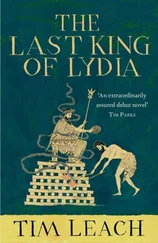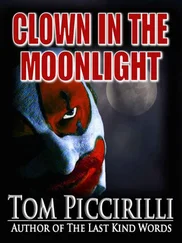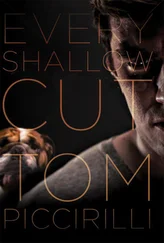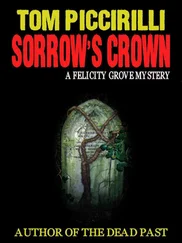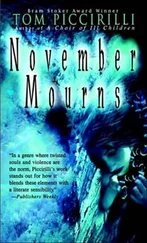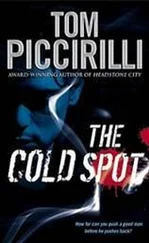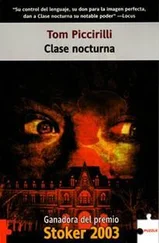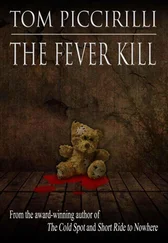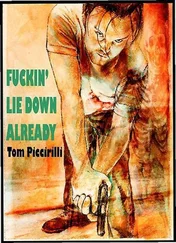Gilmore was one of those cops who had more in common with the criminals he was trying to put away than with the rest of the joe-citizen world. He’d been in trouble himself as a teenager, orphaned early and kicked around the foster-family system, spent some time in the juvie reformatory and then county lockup later on. He’d steal a car, go joyriding, get laid in the backseat, then return it a couple of days later.
He had his big turnaround when he tried to outrun a statie with his girlfriend riding shotgun and got into a minor crackup on the LIE that cost her the full use of her right arm. He did a nine-month jolt, came out, and started going to a community college. Must’ve stood on tippy-toes to get him over the police height requirement and graduated middle of the pack at the academy. For years he kept changing divisions-bunko, vice, narco-but they all brought him around to Big Dan Thompson.
Big Dan had a way of working his magic on a cop like Gilmore. Gilmore wasn’t dirty but he was just bent enough to help Big Dan out on occasion. So if Dan knew a little about one of the rival syndicates-the Chinese, the Colombians, the Russians-maybe what time a shipment was coming in or who pulled the trigger on some witness for the D.A., he’d turn Gilmore on to it for some kind of trade. Nothing that couldn’t be considered a legal gray area. Maybe Gilmore would let one of Big Dan’s boys off on a leg-breaking rap or he wouldn’t get around to popping one of the big games even when he knew about it. I never found out if Big Dan gave Gilmore a monthly envelope, but it wouldn’t surprise me if Gilmore had a wedge of Dan’s cash hidden in a lockbox buried in his yard someplace.
Gilmore hooked on to me when I was sixteen because he suspected I was the one pulling burglaries in Dix Hills, a ritzy neighborhood where some of the residents had clout with the town council. He was right, I was. He followed me for days, trying to catch me climbing into someone’s window. He dragged in known fences and tried to get them to roll on me.
He braced me hard the first time-cuffs, twelve hours in the holding tank without a phone call, no food or toilet break, threats against the family-and then later he tried playing soft, telling me about his own run-in with the law, giving me his whole life story. I thought he was lying but later on found out it was all true.
While he chased after me, I watched him. He was a little bulldog who seemed to be running from himself. It was written in his face. He eventually caught on that the Rands were satellite members of the Thompson crew and started coming around the house. At first he just rousted my father and uncles and Collie, trying to pick up information in exchange for favors. Except the Rands didn’t play that kind of game.
For some reason, he seemed to like the family. He couldn’t hide his interest in us. I knew it was because he’d never had a family of his own, no father to talk to about guys like Big Dan. He rousted us less and less and starwidss and stted hanging around. Eventually he began sitting out on the porch, having beers with my father. My mother knew the birthdays of his kids and would send cards.
One time Gilmore found me reading to Dale and said, “That’s not how you do it. You have to work the voices, put on a show. When the vampires bite, you have to pull back your lips, show teeth.” He told me how he read children’s books to his two daughters, the way he’d get into character, the different voices he’d use. At the time his daughters were three and four, and Dale was ten. He didn’t think it mattered.
When Collie dove into the underneath Gilmore actually came around and tried to console my parents. He hugged my mother and patted my father’s arm. He brought flowers like he was attending a funeral. He didn’t cry with them but I could see that he was trying to. I thought, even then, Gilmore, he’s going to be the one in the end who gets close enough to stick in the knife.
I finished my bagel and scarfed down two more. When I returned to Gilmore’s desk Collie’s file was there. Five files, actually, stuck inside a huge accordion folder. I photocopied everything. I had a stack of about a hundred pages. I found a couple of thick rubber bands in Gilmore’s junk drawer and snapped them around the bundle. I called the geezer back and told him to come pick up the file. He started yelling and I said, “You did good, pops, you may have just saved a life,” and walked out.
JFK met me at the bottom of the driveway. He looked regal and aware, his eyes lit by the setting sun. I got the sense that he knew there was potential trouble coming down from different quarters and he planned on being ready for it.
I left the thick sheaf of paperwork under the passenger seat and slid out of the car. As I moved up the walk I called JFK to me, but he remained staunchly on guard, continuing his watch.
I passed the trash can and thought of chucking all the pages in and forgetting my brother had said anything at all. I thought I could very easily live in denial back at the ranch or at another one like it. I had already done it for five years. I could do it for another fifty. If anyone asked if I had a brother I could say no or say yeah, he lives back east, or say he was dead without explaining anything more. I could sleep well without any remorse for never following up.
My old man was inside with my mother, watching television with Gramp. My uncles and sister were nowhere in sight. I could hear my dad talking to his father as if he might get coherent responses. My mother did the same thing. They were having a lively conversation that would sound buoyant to anyone else but sounded strained to me.
They weren’t doing it just for Gramp’s benefit, hoping to keep what little personality he had left alive for as long as they could. They were doing it for themselves because it was the only way they could possibly accept the burden of caring for him. Pretending that it mattered. I imagined that when my father spoke to Old Shep he heard the man’s deep voice talking back to him. His thunderous laughter so forceful that you had to lean away from it.
I tried to figure out how much I should tell them. Would it make them feel any better that Collie now admitted to killing only seven people instead of eight? Hell, I decided to say nothing. It wasn’t much of a decision. It was the path of least resistance. When you heard someone at the door, you dove out the window. Avoides ›You tl confrontation, hide or run away. I’d been doing it my whole life.
I walked in and my parents immediately quit their little performance. I vibed that there was a darker subtext to their benign chatter. I wondered if the news crews had been more aggressive after I left, banging on the door, asking my mother where I’d been these last few years, why I was back, if I’d been in prison too. If I had blood on my hands too.
My father asked me, “Hungry? Got some leftovers. Steak and mashed potatoes, yams, corn on the cob. Your favorite.”
It was my favorite. It was also Collie’s favorite. I had no doubt he’d ask for it for his last meal. All I’d eaten today were the rubbery stale bagels. My guts were knotted and I had cramps. My stomach made a weird sound and I said, “Maybe later.”
“You know where the fridge is.”
My mother was watching me intently. I could tell that she knew I’d visited the prison again despite her warning not to go. Her eyes flashed and I could feel her reading exactly where I’d been each minute of the day. The meeting with Danny, the stalking of Kimmy, the face-to-face with Collie. I wondered if I should tell her that Collie had gotten married behind bars like all the rest of those death-row douche bags.
She tucked a few coarse strands of Gramp’s hair back behind his ear, then did the same with her own soft auburn curls. She was gathering herself.
Читать дальше
